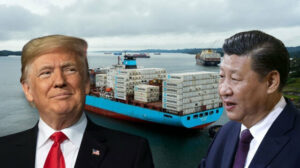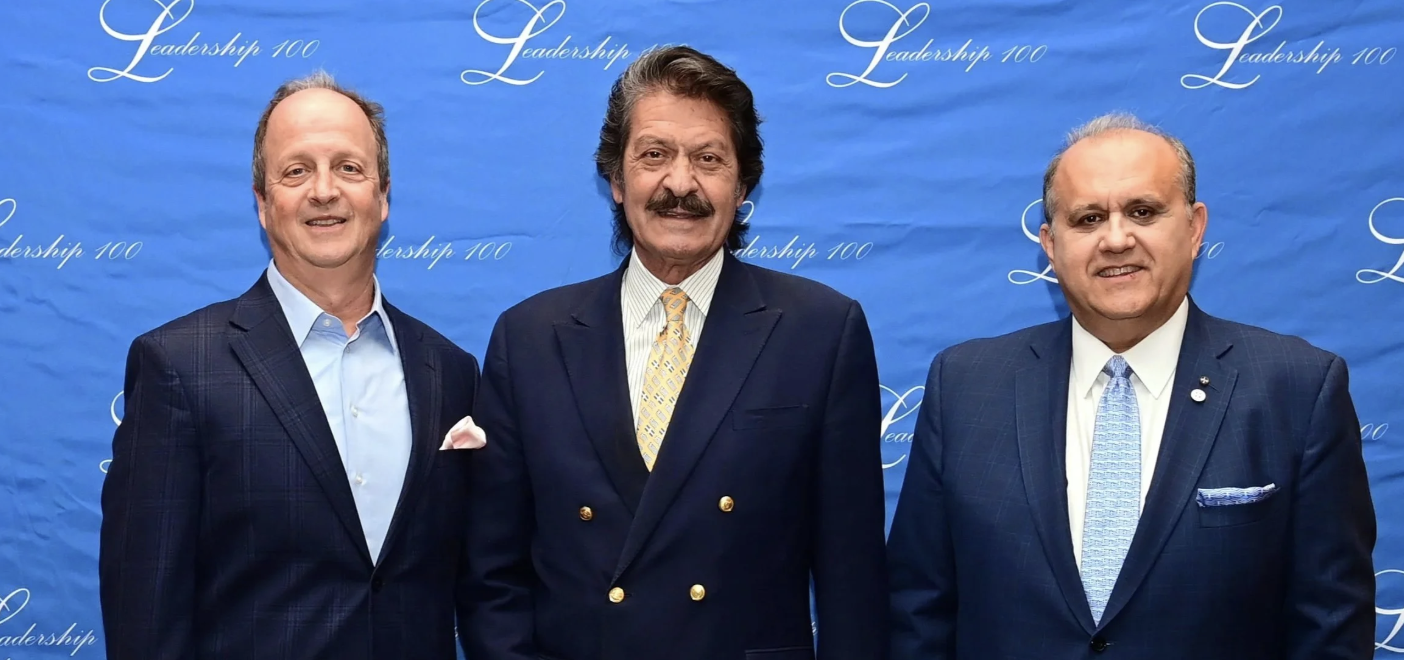Donald Trump’s refusal to rule out military action regarding the Panama Canal and Greenland has raised concerns and prompted much thought.
Regarding the highly strategic maritime route of Central America and the vast Arctic territory, Donald Trump deemed both to be “extremely important for the economic security” of the United States.
When asked about the potential use of force to annex the Panama Canal and Greenland, he stated: “I cannot assure you of either” and added: “It is China that controls the Panama Canal.”
Chinese Involvement
Chinese companies have gained a significant presence in Panama. COSCO, one of the largest global shipping conglomerates, has invested in port facilities and infrastructure around the Canal. The increased Chinese presence has raised concerns in the US that Beijing is gaining geopolitical influence in a critical region for American national security and economy.
It is no coincidence that Cosco Shipping Holdings Co., China’s largest liner shipping company, was placed on the US government’s blacklist for alleged ties to the People’s Liberation Army.
The shipping company was named in a filing in the Federal Register as a Chinese military entity, as identified by the Pentagon, alongside Tencent Holdings Ltd. and Amperex Technology Co. Ltd. The large Chinese oil company Cnooc Ltd. was also on the list. Although the inclusion on the blacklist does not impose specific sanctions, it discourages US companies from doing business with these companies. Two Chinese shipbuilding companies – China State Shipbuilding Corp. and China Shipbuilding Trading Co. – were also included in the list.
Moreover, the Hong Kong-based Hutchison Whampoa manages ports at strategic locations near the entrances of the Canal. The Panama Canal is one of the most important maritime trade routes in the world, connecting the Pacific to the Atlantic Ocean. It controls the passage of approximately 5% of global maritime trade. About 14,000 ships pass through the canal each year. Its strategic position connects the Atlantic with the Pacific Ocean, allowing for the quick transport of goods without the need for navigation around South America. The shipping industry is expected to face significant disruptions, while the risk of higher costs and disruptions will pressure the global supply chain.
In 1999, the US transferred control of the Canal to Panama under the Torrijos-Carter Treaties. Since then, Panama has independently managed the Canal, but the US’s strategic importance in the region remains.
The Implications
Trump’s statements, particularly regarding the Panama Canal, are a matter of concern for international shipping and economic analysts.
- Economic Implications
• Disruption to Global Trade: Any military action could disrupt the commercial flows through the Canal, affecting global shipping and raising transport costs.
• Increased Freight Rates: A large number of ships using the Canal would need to choose alternative routes, increasing travel times, ton-miles, and transport costs.
• Boost to Chinese Influence in Other Routes: If the Canal becomes unstable, China could bolster the use of its own infrastructures, such as the Silk Road, or invest more in alternative routes like the Arctic.
- Geopolitical Implications
• Escalation of US-China Tensions: A military involvement could worsen US-China relations, intensifying the economic and strategic rivalry.
• Risk of Retaliation: China, which relies heavily on the Canal to export goods to Western markets, may respond strategically, for instance, through economic sanctions or strengthening its military presence in the region.
- Panama’s Reaction
• The Panama government has repeatedly stated its neutrality and seeks to maintain its independence in managing the Canal. However, pressure from the US or China could undermine this stance.
Implications for Shipping
• Increased Risk and Insurance Costs: The possibility of military conflict in the region would raise insurance premiums for ships passing through the Canal.
• Shift in Trade Routes: Shipowners might turn to routes around the Cape of Good Hope or even the Northern Sea Route, increasing delivery times.
• Increased Freight Rates for Liquid Cargo: The Canal is crucial for the transport of oil and LNG. Any disruption would lead to higher freight rates in the tanker markets.
Ask me anything
Explore related questions





